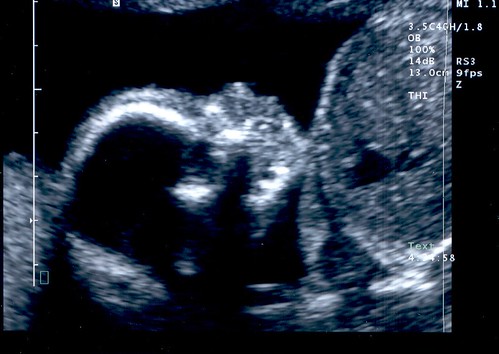Milena Stanoeva Canadian Federation for the Humanities and Social Sciences
With innovations like babies with three genetic parents, what is reality in the field of reproductive technology today seems like it would have been science fiction mere decades ago. And while reproductive technology has helped thousands of couples with reproductive issues, same sex couples and single parents start families, policy and research around the field is lagging. One area of concern that remains largely unaddressed is the international human egg trade and its implications for women on both sides of the transaction.
This issue will be the subject of Heather Walmsley’s research, entitled “Canada and the transnational human egg trade: implications for women's agency and global social inequalities,” for which she was awarded a 2012 Banting Postdoctoral Fellowship, funded by the Social Sciences and Humanities Research Council. A native of the United Kingdom, Walmsley completed her PhD research in ethics and biogenetics at the University of Lancaster, and as a visiting Doctoral Fellow at the University of British Columbia, where she will be undertaking her postdoctoral research.
In 2007, as a member of Professor Mike Burgess’ team at the University of British Columbia Centre for Applied Ethics, Walmsley facilitated four days of deliberative democracy discussion with members of the BC public around human tissue banks. She found that the issue of compensation for human tissue donations was incredibly polarizing. Currently, Canadian policy states that human egg donors cannot be paid for their eggs, though they can be paid for expenses. However, since the law is not enforced and there is no process in place to verify that eggs are not bought and sold, there is a black market for human eggs. Additionally, Canadian women travel to countries with fewer restrictions, such as the United States, India, Panama, Spain and Mexico, for IVF treatment. Walmsley’s research seeks to understand why Canadian women travel to these locations and how that affects them and the women selling them their gametes.
The international human egg trade has important policy implications, nationally and globally. For instance, there are questions about the citizenship status of a child born by international surrogacy. A child can have as many as five potential parents – a surrogate, gamete and sperm donors and adoptive parents. Policy is not always clear on the rights of all the involved parties, as well as the rights of the child, especially when citizens of multiple countries may be involved.
“I think we’re witnessing this crazy radical moment in the evolution of humanity, biologically and culturally. We’ve got developments in genetics and technologies of reproduction, and they’re intersecting with globalization and capitalism in these fascinating, enabling and terrifying ways,” says Walmsley. “How do we, as a society, govern these technologies?”
Walmsley also wants to understand the ways in which the international egg trade affects women – both the women who wish to be mothers, as well as the women who sell their gametes. It is important to understand whether these relationships are empowering or exploitative, and whether women selling their eggs on the international market receive the care they need.
Working with Professor Susan Cox, Walmsley will use innovative arts-based qualitative research methods, such as photography and digital storytelling, as well as more traditional methods like ethnography and in-depth interviews. While she hopes that her research will contribute to informed policy-making and the national and international dialogues around reproductive tourism, she also plans on communicating her findings through blogs and social media, in order to reach out to a wider audience. Walmsley also hopes that her research will be empowering for her participants by giving them an opportunity to tell their stories.
Sonogram photo courtesy of gerardov on Flickr.

